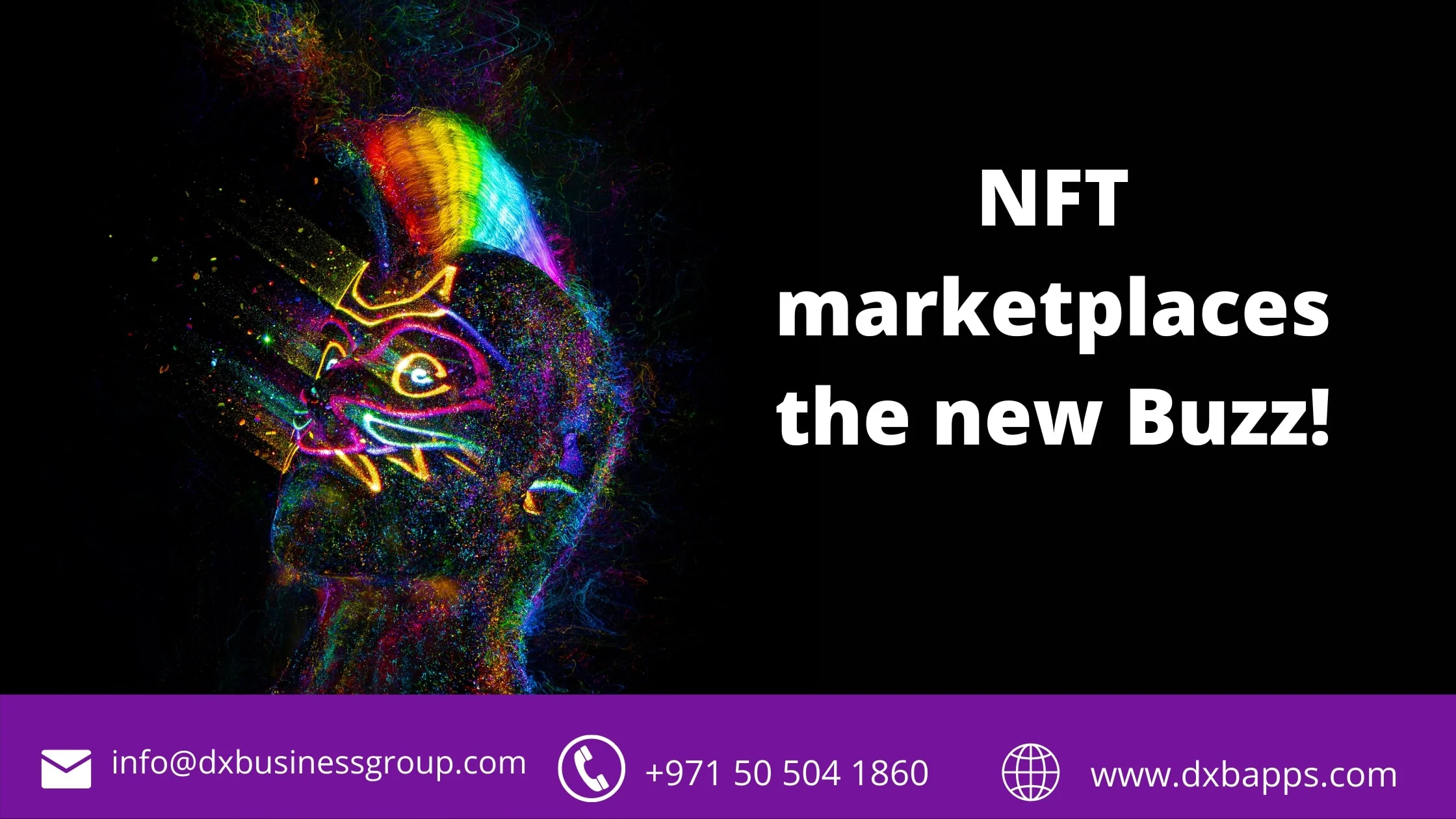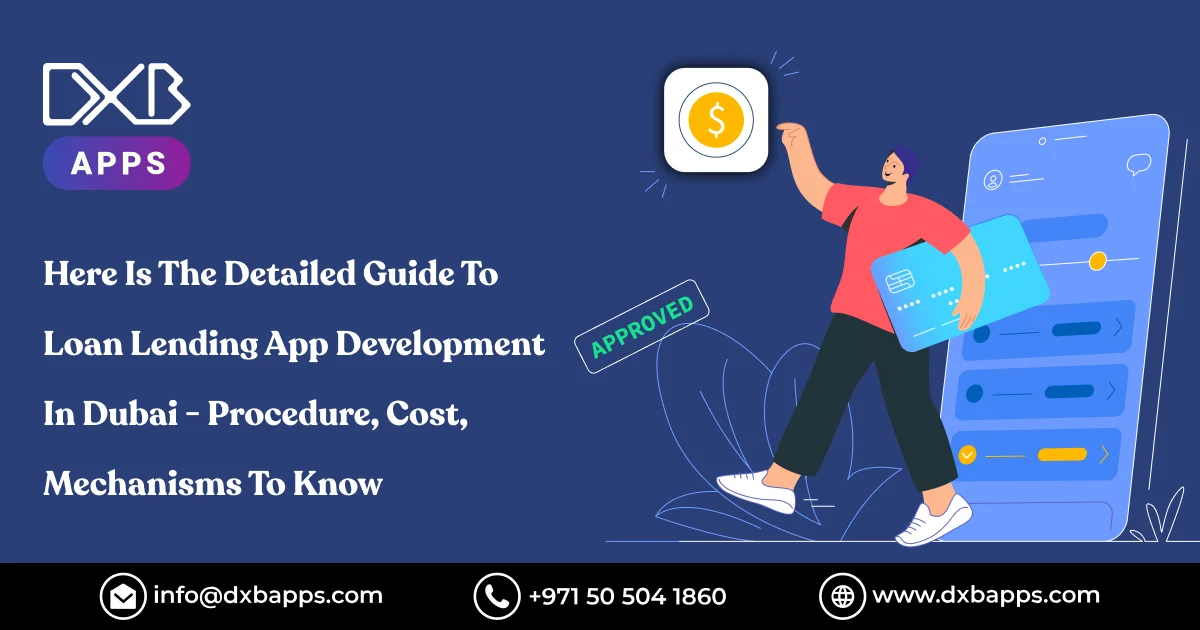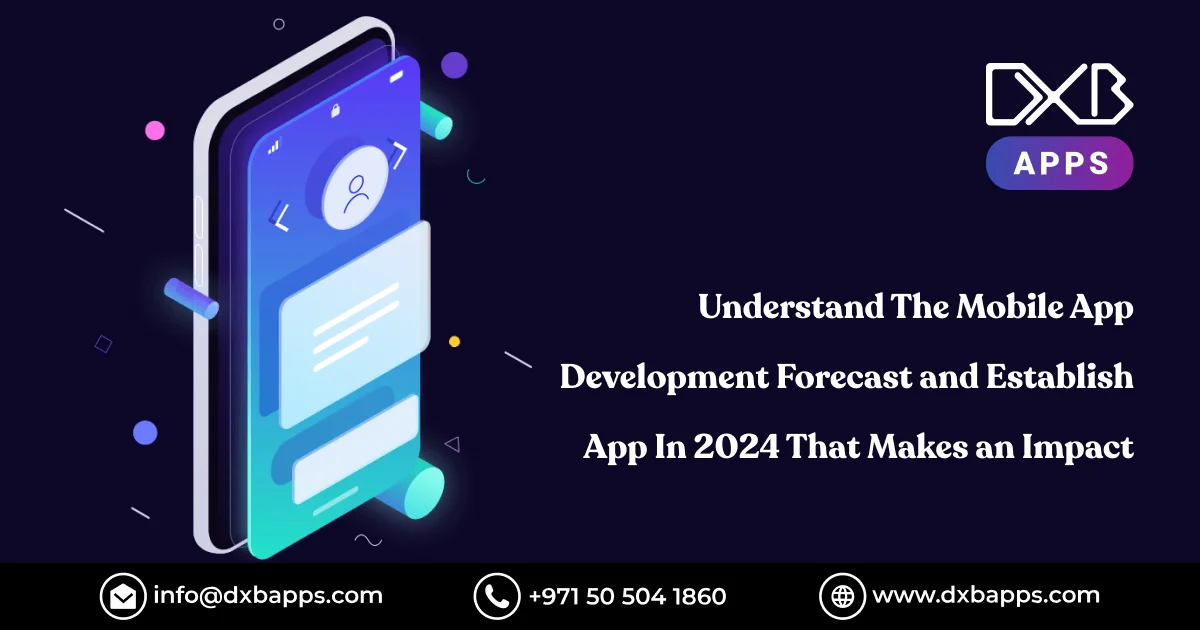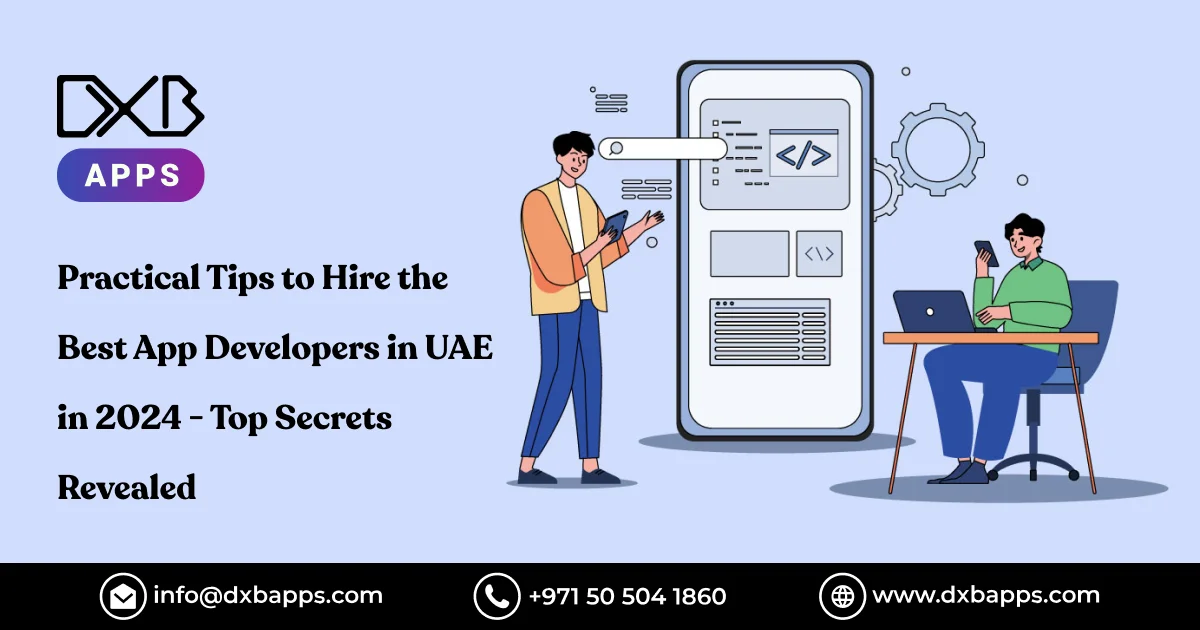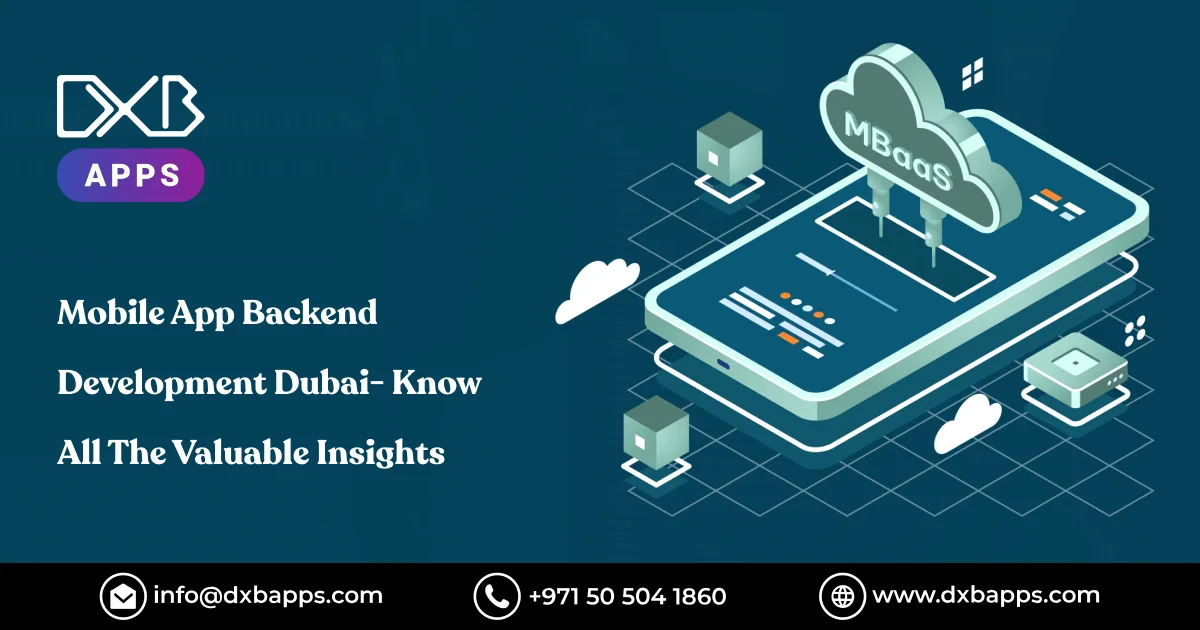NFTs continue to be a hot topic in the crypto industry, with new developments and projects popping up seemingly every day. Many people are now showing interest in NFTs due to the amazing amount of money that NFT creators and buyers can make off these tokens. While many people think that NFT items are all about creating and selling artwork, there's actually so much more to the NFT market than that.
You can use NFTs to create digital collectibles like CryptoKitties, or you can even create virtual land and use it as a platform for your own decentralized game or website. You can also create digital currencies like Ether, which is an ERC-20 token built on the Ethereum blockchain. This means that any smart contract or decentralized application (dapp) could be written in order to interact with NFTs.
When we talk about the NFT marketplace, we have to take into account the fact that they are basically a tokenizing platform. So, in reality, they are not any different from other platforms that mint and trade tokens. In technical terms, they are almost similar to cryptocurrency exchanges. But, unlike crypto exchanges, NFT marketplaces do not deal with fungible tokens (such as Bitcoin and Ethereum). They deal with non-fungible tokens that are unique in nature and cannot be interchanged.
1. What is an NFT Marketplace?
NFT marketplace platforms are crypto exchanges that are made for the trade of non-fungible tokens, virtual tokens or NFTs. Since NFTs have become so popular over the past year, many cryptocurrency users have been looking for ways to get involved with this new type of digital asset. The rise of NFT marketplaces has allowed them to do so. NFT marketplaces are platforms that allow buyers and sellers to interact with one another. Sellers will list their NFTs for a certain price, and buyers can purchase those assets using their cryptocurrencies. Some of the NFT marketplace ventures have started accepting the newer crypto stable coins, debit/credit cards, and wire transfers for transactions as a move to expand their customer base.
NFT marketplaces are similar to traditional cryptocurrency exchanges in many ways. For example, they must remain neutral throughout every transaction, they must provide secure methods of storing assets, and they should be fairly simple to use. However, there are a few differences between standard cryptocurrency exchanges and the newer breed of NFT marketplaces. For starters, most NFT marketplaces are theme-based. One common example is CryptoPunks, which is an exchange dedicated only to digital art pieces called "punk" characters.
You’ve heard about all the money people are making with NFT items. Or maybe you’re an artist, and you want to try your hand at selling some of the work you've done in digital form. Either way, you need to know what an NFT marketplace is and how it works if you want to be a part of this new craze. And we’re here to tell you that it won't be easy—you might have to roll up your sleeves and get a little dirty (figuratively speaking).
2. How does an NFT marketplace work?
Firstly, a user (buyer/seller) generates their account on the NFT marketplace platform. Then, they need to link their already existing crypto wallet or fill some amount of cryptocurrency on the built-in wallet that comes with the portal. If a seller, they should mint the NFTs that back their assets. They should give a very detailed description, the starting/fixed price, and other important details. After minting the NFTs, the seller lists them on the marketplace platform, where they would need to fill in some details requested by the portal. After moderation and verification from the administrator of the NFT marketplace, the NFT assets can now be put up. Now, a buyer can place bids on the NFT assets at auction or buy the NFTs directly for a fixed price. As soon as the NFT’s smart contract is completed, the NFTs are passed on to the buyer’s wallet, and the funds are deposited to the seller’s crypto wallet making successful NFT transactions.
3. Salient Features of an NFT Marketplace Platform
With the success of cryptocurrencies, the NFT marketplace has become a more popular sector. If you are an entrepreneur looking to be part of the NFT world with your innovative idea, it is essential to know how to build an NFT marketplace platform. The following features can help you create a successful NFT marketplace platform.
-
Shopping Cart – In an NFT marketplace, a shopping cart can be used by buyers to purchase NFT items very easily, just like any other e-commerce website.
-
Search and Filters – Search and filter engines in an NFT marketplace are needed to make the users feel at to search for a specific NFT product when they want to. Make sure to combine both options under the same system so that the consumers have a flawless experience.
-
Multiple Payment Methods – In an NFT marketplace, fusing various payment portals has become a mandatory feature since such a step can attract the general public to participate in the NFT world enthusiastically.
-
Separate Panels – It is crucial to have individual dashboards for sellers, buyers, and admins as they all have different needs and need to access various sets of information. Also, ensure that these panels cannot be violated while offering a good user experience.
-
Listing Status – For a seller in an NFT marketplace platform, a gateway showing the status of their listings is important so that they can have active updates on their registered NFTs and commodities sent for moderation.
-
Bidding Portal – A portal for deals or auctions is a must in an NFT marketplace since most sellers choose to do auctions for their NFT items. The portal should be in an easy-to-operate means so that buyers and sellers can have a flawless experience.
-
Instant Alerts – For any NFT marketplace to be in continuous touch with its consumers, it is necessary to implant notifications through different means such as mobile and email alerts.
-
Ratings and Reviews – In an NFT marketplace platform, permitting ratings and reviews to be posted helps out buyers to know more about the NTF items of their interest. Such options also make it viable for good projects to get acknowledged.
4. Guide for Building an NFT Marketplace
Before you set off on your journey for building an NFT marketplace, it is better to begin with the outline. To do that, consider the following points as a guide:
-
The background of an NFT marketplace platform
-
The business strategies that will be employed
-
The vocation your business will be based on
-
Frame the whitepaper based on the objectives, as it can be greatly helpful in case you need capital at any stage of your endeavor.
4.1 Front-end features
Developing user interface (UI), and user experience (UX) traits using necessary frameworks, as changes here can result in generating a flawless experience for the users.
4.2 Back-end development
Continuing developments by performing back-end development that plays a great role in determining the security and robustness of the platform. The work here is crucial since the crypto universe sees these features as most important in realizing the crypto vision successfully.
4.3 Testing
Get along with checking the platform for bugs, inaccuracies, and defects and resolve them prior to other things. Then, continue the advancement by performing back-end developments that have a great role in determining the security and robustness of the platform. The work here is important since the NFT world sees these features as the pillars in realizing the crypto vision successfully.
It can be concluded that the non-fungible token (NFT) boom is here to stay. Looking at the craze for NFTs, one cannot deny that it would be the perfect time to start a business in this niche. The market for NFTs has not been fully covered yet, and there are still several opportunities present if you wish to build your own marketplace. We hope the article has been helpful in explaining how to build an NFT marketplace and how you can use the NFT boom as leverage for your business.

